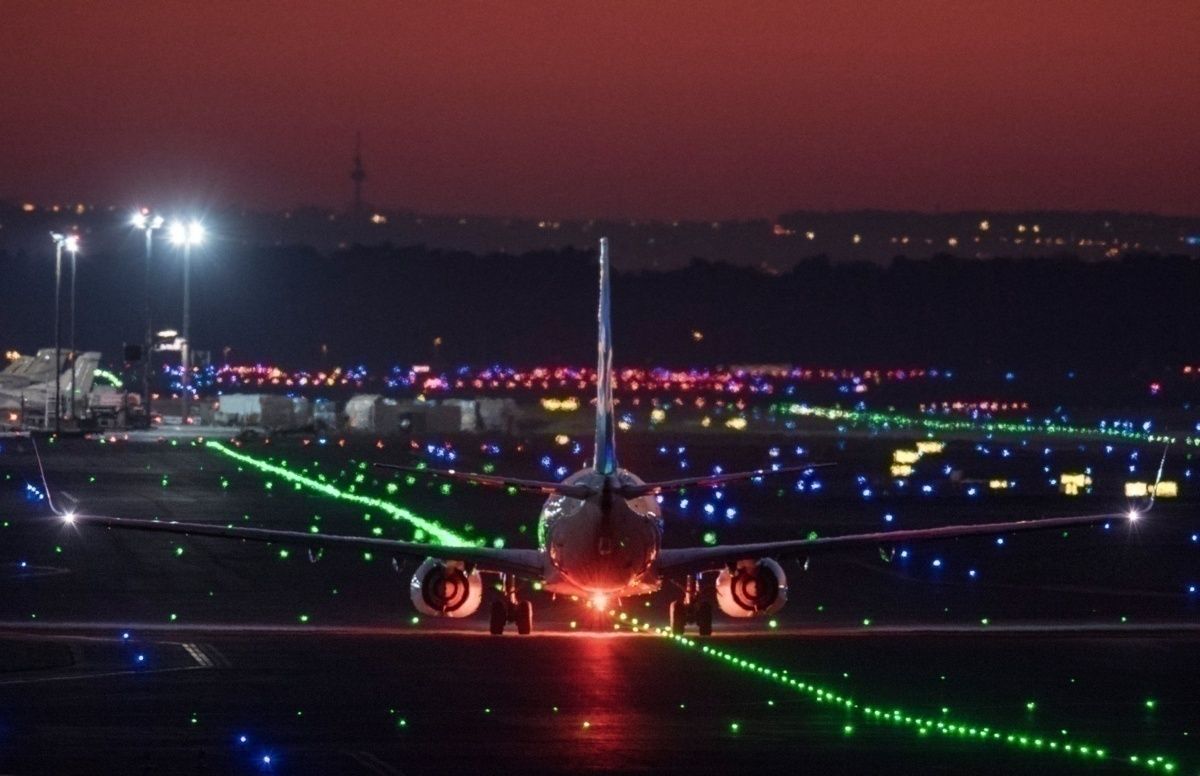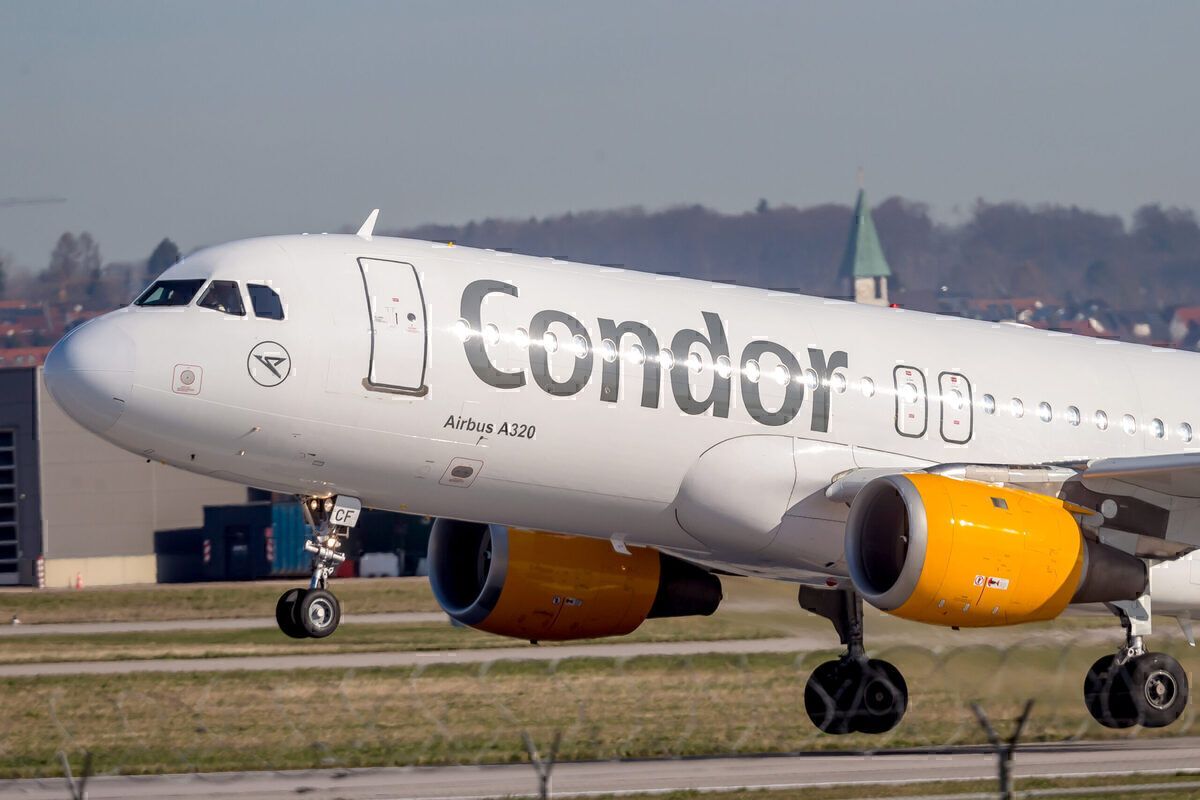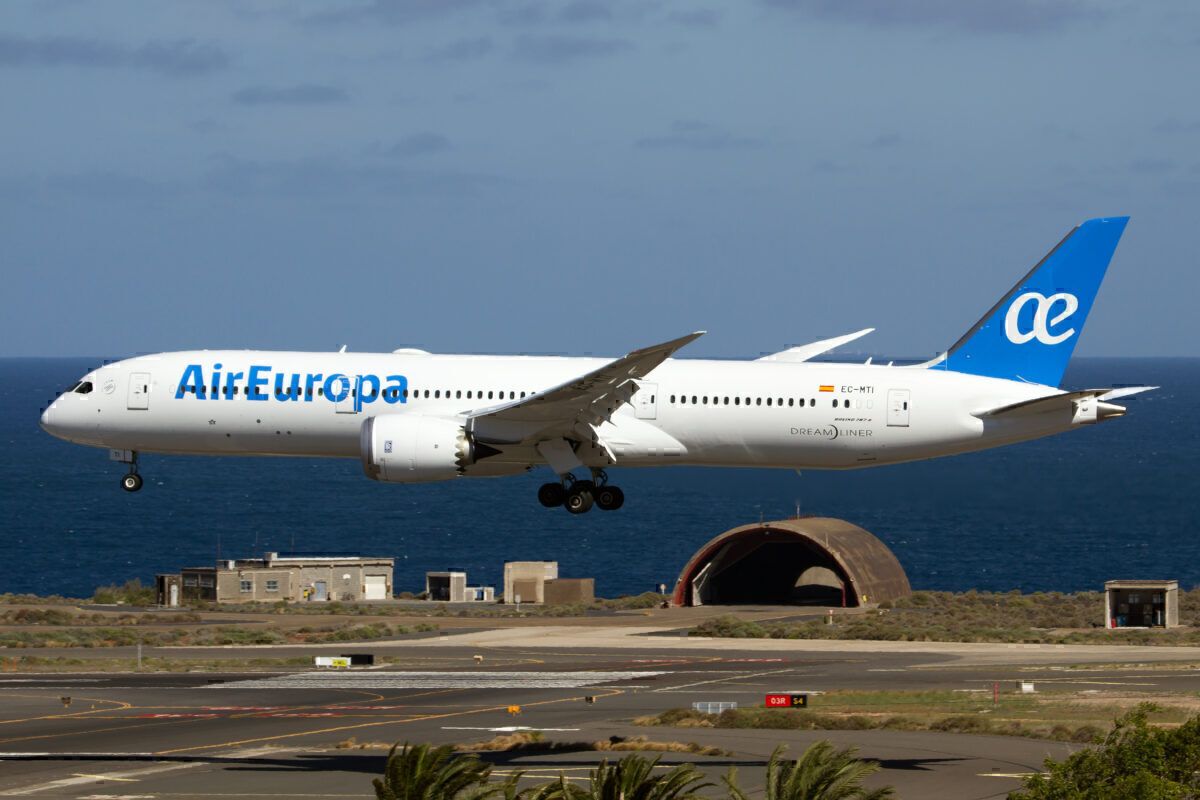In light of the German government's recent announcement that its mask mandate will remain in place through to April 2023, the Board of Airline Representatives in Germany (BARIG) has claimed the policy makes no sense and is seeking its removal. We take a closer look below.
Calls for German mask mandate to go
Germany remains one of the few countries worldwide to enforce mandatory masks onboard aircraft, and recently raised eyebrows after extending its mask mandate well into next year. In response, German airline body BARIG, which represents over 100 national and international airlines, has repeated its calls for the mandate to be lifted.
BARIG said,
"The decision by the German Federal Cabinet to extend and to even tighten the current obligation to wear masks in aircraft is met with sheer incomprehension."
As Simple Flying reported in May, BARIG has called for Germany to relax in-flight mask rules for several months to no avail. The group has cited several factors in its favor, including the fact that masks are not required in German airports.
The German government claims the policy extension is in preparation for an anticipated winter wave of infections and will also apply to long-distance trains and coaches. Authorities had initially extended the mandate until September 23rd before deciding to keep it until April 7th, 2023.
BARIG Secretary General Michael Hoppe added,
"The German Federal Government’s plan is not reasonable to us. There is no epidemiological basis for such a step. We appeal to the German Federal Parliament (Bundestag) and Federal Council (Bundesrat) to revise the legislative proposal. The international comparison shows: Germany is completely on its own with this decision. In most other countries, wearing a mask is just merely recommended. In any case, a medical mask has been sufficient there, and in Germany so far as well."
Tightened requirements on aircraft
The mandatory mask policy has not only been extended but will also require N95-style masks on all flights from October 1st. N95/FFP2 masks offer a significantly higher level of protection compared to a standard cloth or surgical mask.
However, BARIG points out that cabin air is extremely clean and that there may be problems getting international and domestic passengers to wear N95/FFP2 masks, as opposed to the cloth or surgical masks they are accustomed to wearing.
Michael Hoppe explained,
"Tightening the obligation to wear masks in air travel is also inappropriate in view of the fact that there is only a very low risk of infection in airplanes, anyways. This has been evident over the last two years and scientifically proven as well. High-performance HEPA filters and regular complete air exchange in the cabin contribute significantly to this. Hence, in May 2022, the European Center for Disease Prevention and Control (ECDC) and the European Union Aviation Safety Agency (EASA) had already issued a clear recommendation to dispense with the mandatory wearing of masks on aircraft."
Discover more aviation news with Simple Flying.
Is Germany on its own?
As BARIG Secretary General Michael Hoppe pointed out, European authorities lifted their mask recommendation in May, with most European nations following suit in the subsequent weeks.
However, Germany isn't the only EU country to keep its mask mandate after Spanish authorities announced they would be keeping the requirement until further notice. Last week, Portugal removed its mask requirement on airplanes and almost all public environments, leaving Germany and Spain on their own.
Do you think Germany has made the right move by extending its mask mandate onboard aircraft? Should other countries adopt a similar policy over the winter? Let us know your thoughts in the comments.



